
East New Britain Provence, Papua New Guinea 1985
Early 1985 I flew to Hoskins in West New Britain to visit another Australian Volunteer. From there I boarded the MV Kazi to head to Rabaul. Most of the passengers were contract employees from the Highlands heading to plantations with their families. Not being coastal people they suffered badly from seasickness. The below decks were crowded and many of them seasick so not a pleasant place to seek shelter. So I sat on the main deck and sheltered behind my backpack. Entering Blanche Bay and then Simpson Harbour was an amazing sight. The main volcano known as Mother was the highest point with subvents Tavurvur and Vulcan frequently erupting. We passed the iconic “The Beehives” rock formation jutting out of the harbour on our way to the docks. I stayed with another volunteer who was working at the Vunapope mission. Rabaul has suffered from many volcano eruptions with evidence of them back to 535AD. Rabaul had been occupied by the Japanese during the 2nd World War and was a major submarine base. The submarine tunnels and some wreckage could still be seen driving around the coast. I traveled out to Bita Paka War Cemetery where the first Australians to die in the 1st World War were buried. There was a war museum with many relics from the Japanese occupation on display. I bought a Japanese Helmet. And for something I had never expected in the tropics friends took me out horse riding for an afternoon in a coconut plantation. I drew the short straw as they only had 2 saddles for 3 riders. At least the horse had a bridle. The New Guinea Club was a walk back into the colonial past when the local planters and government workers were running the country. The Japanese had used it as their Naval Headquarters. I remember walking in and the sense of history. Of course I had a beer or 2.

MV Kazi in Blanche Bay

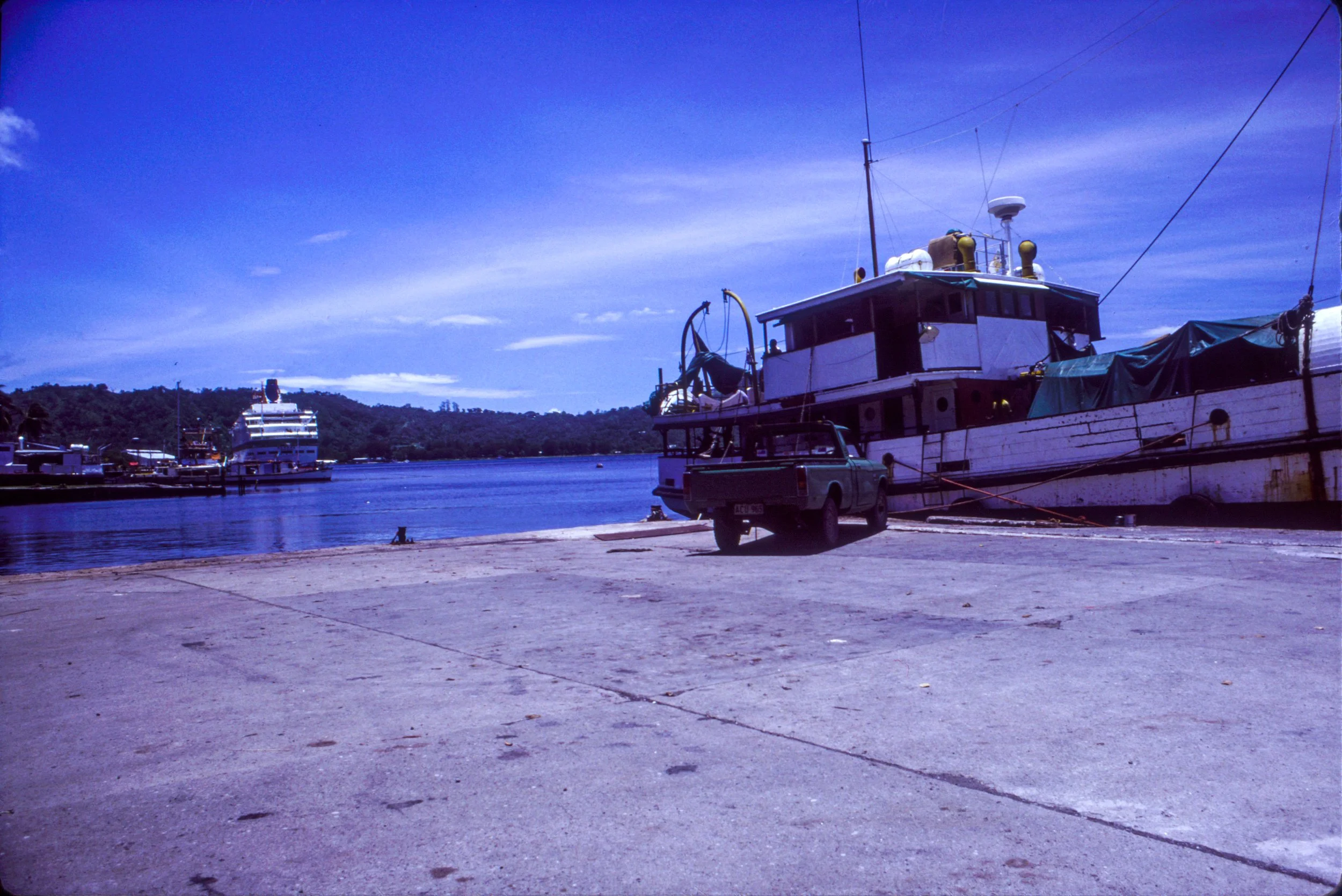
MV Kazi moored in Rabaul
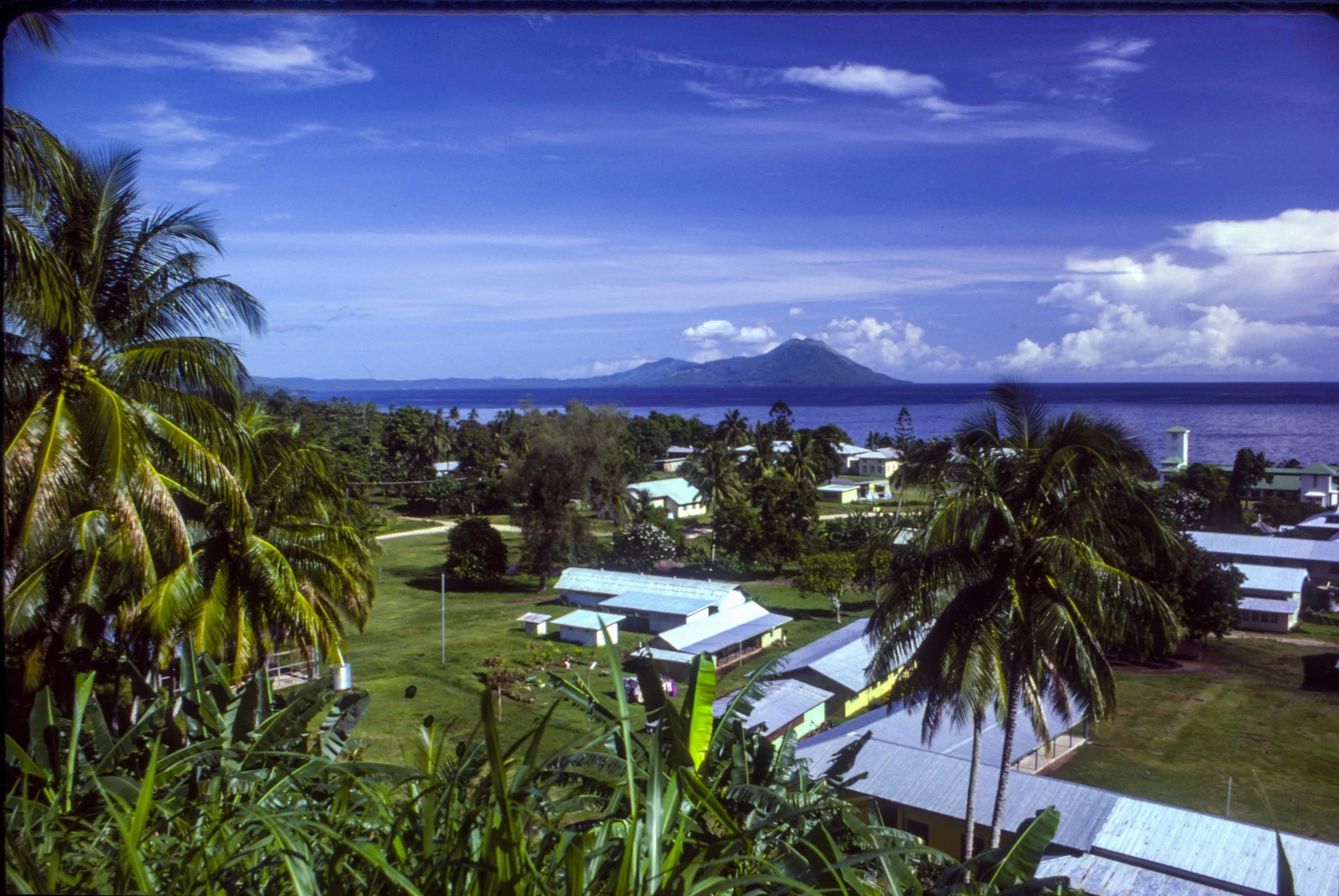
Looking towards Mother volcano from Vunapope Mission


Japanese crane wreckage from WW2

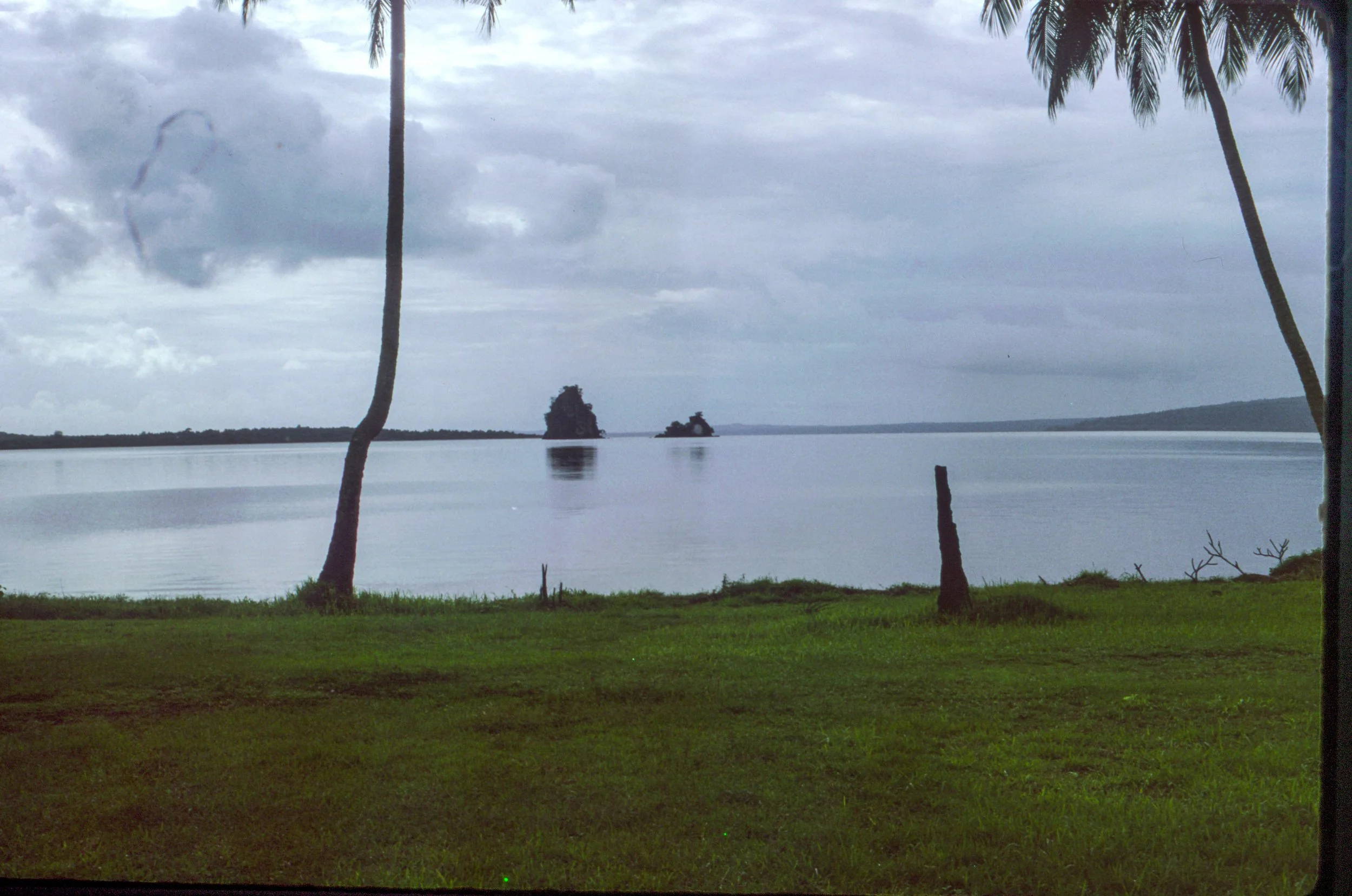
The Beehives
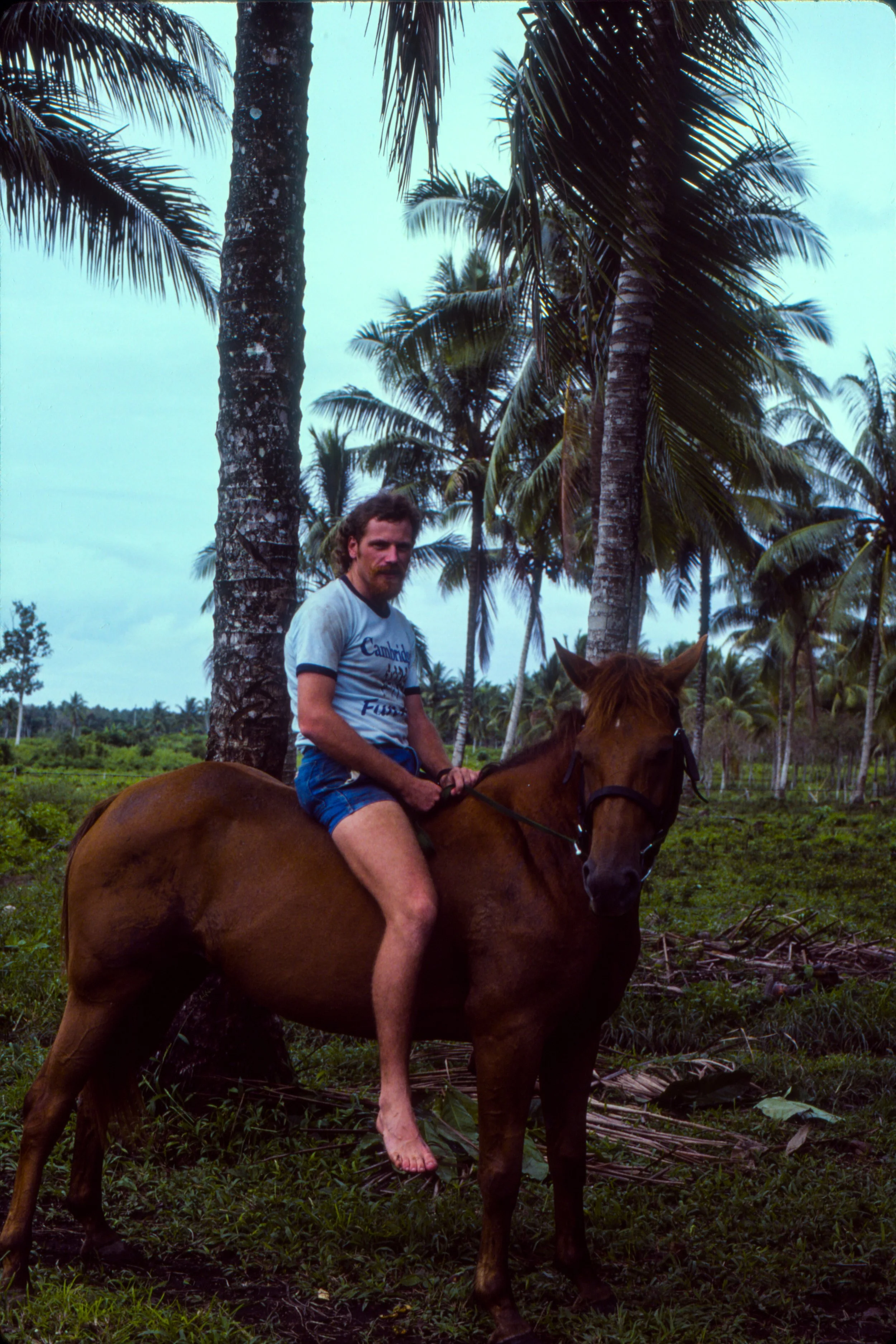

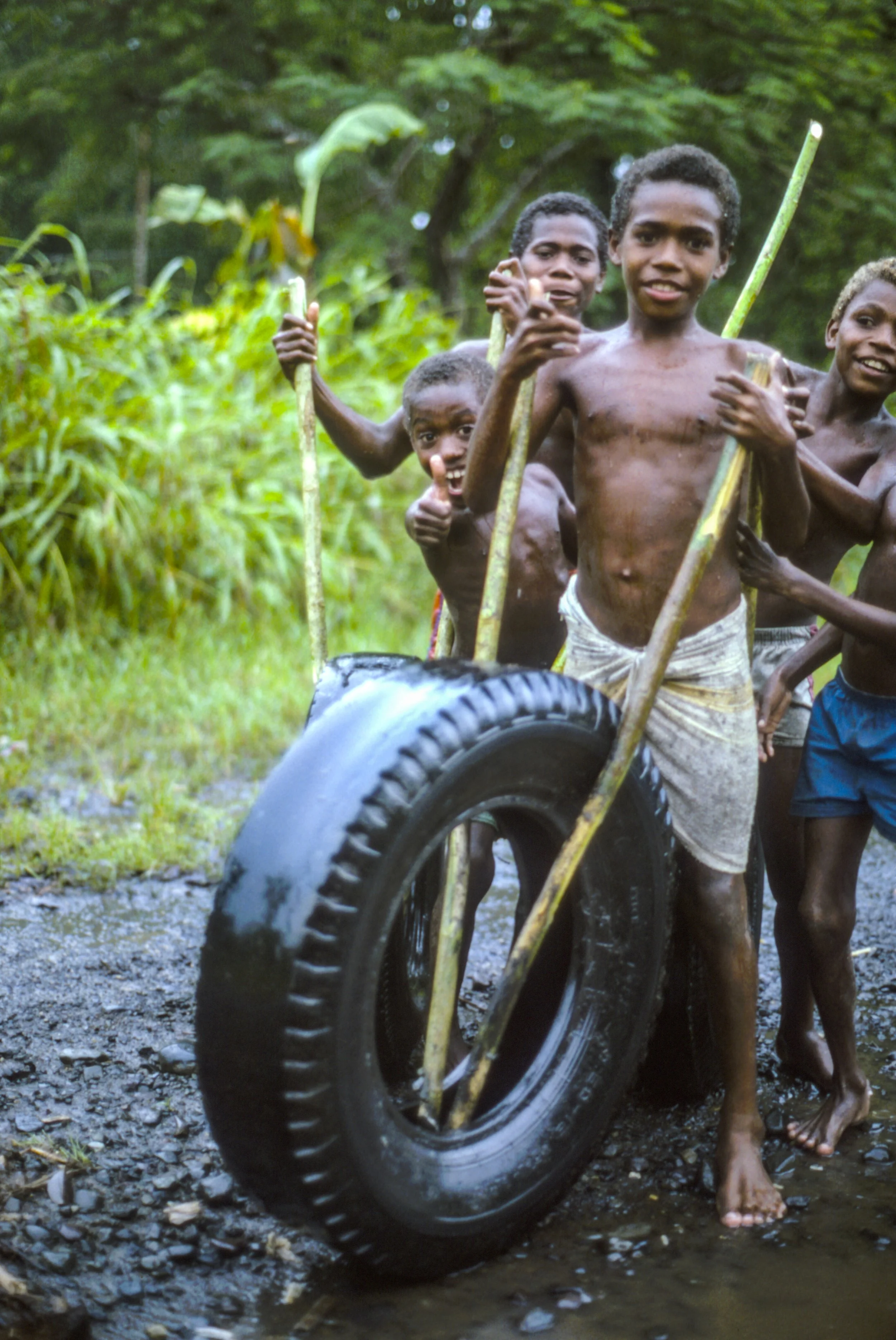

Bita Paka War Cemetery
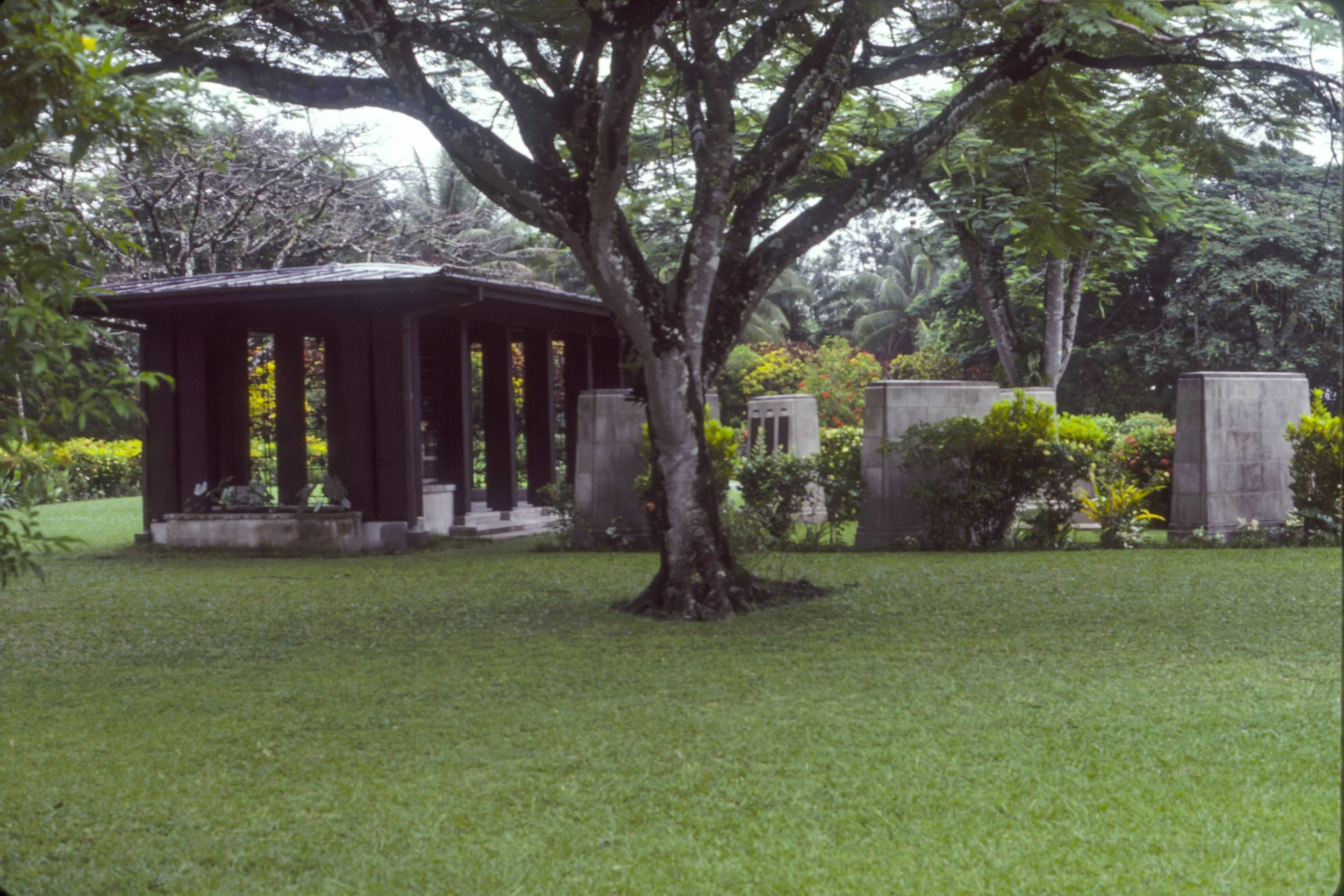


Memorial to the first Australians to die in WW1

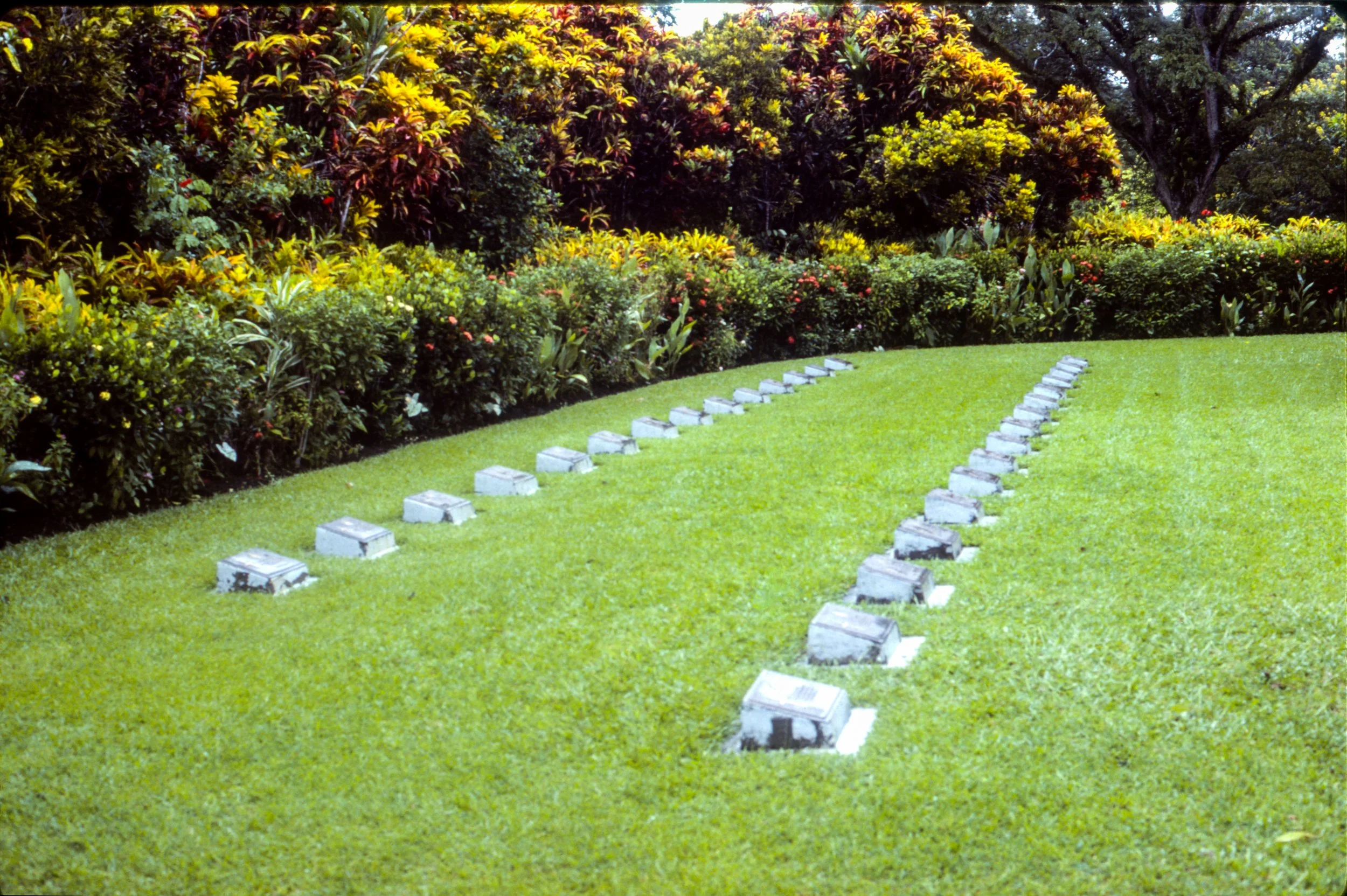


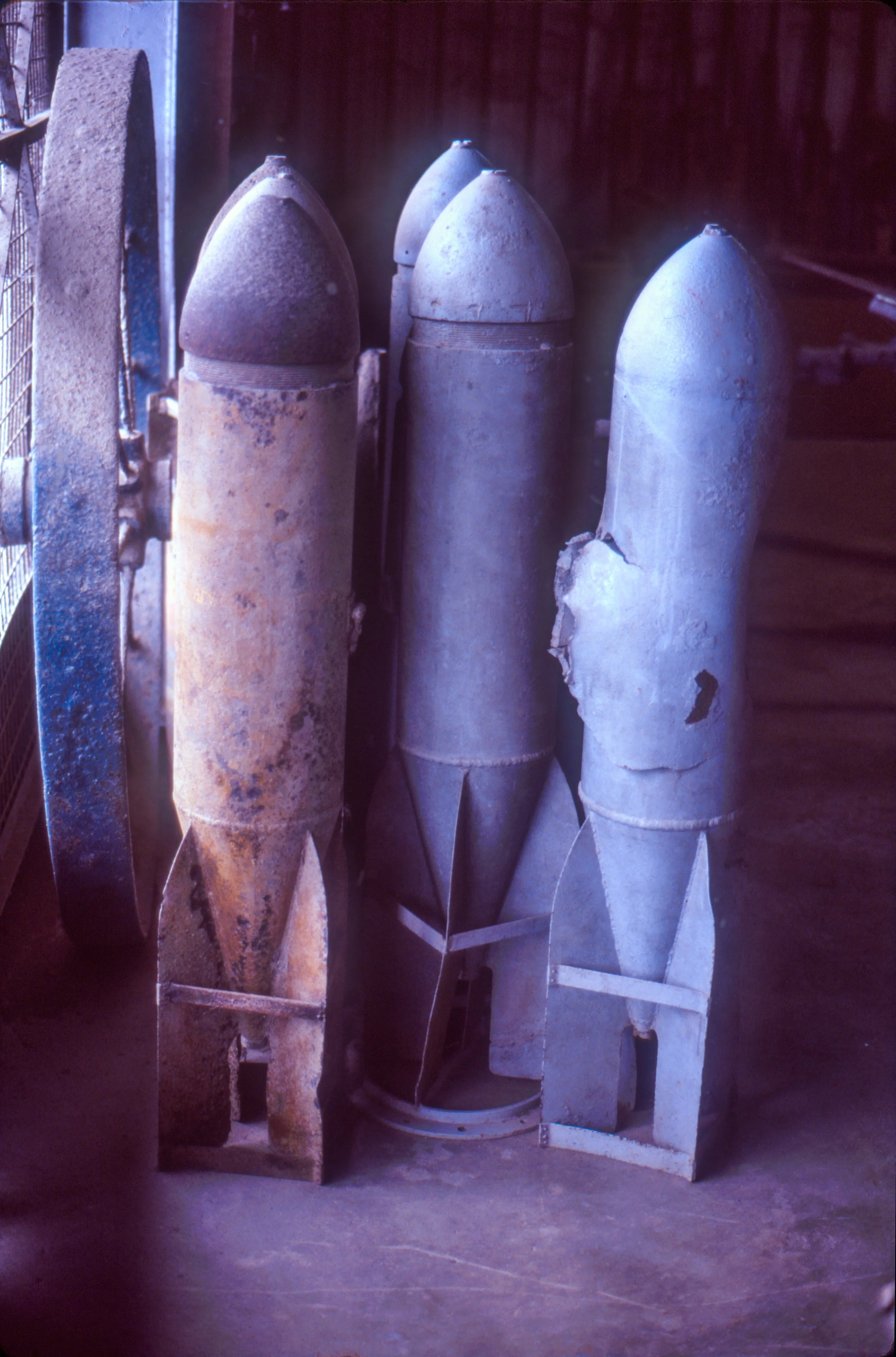

In the war museum at Bita Paka

